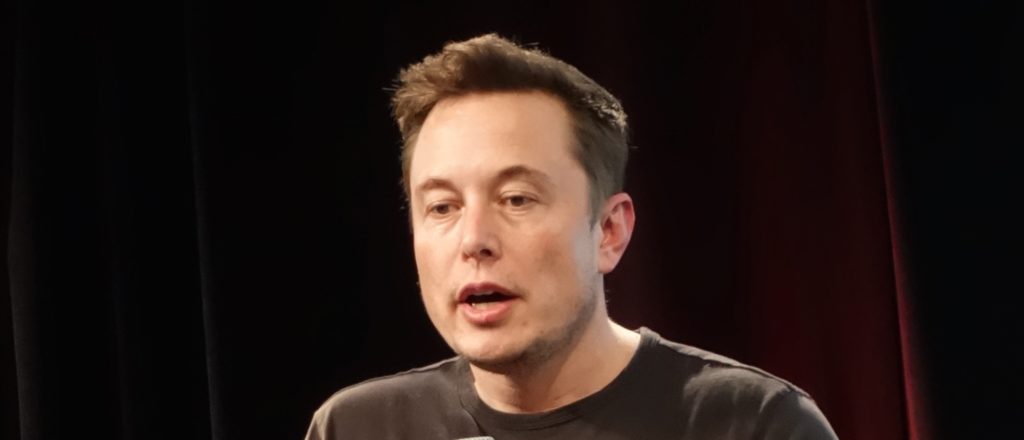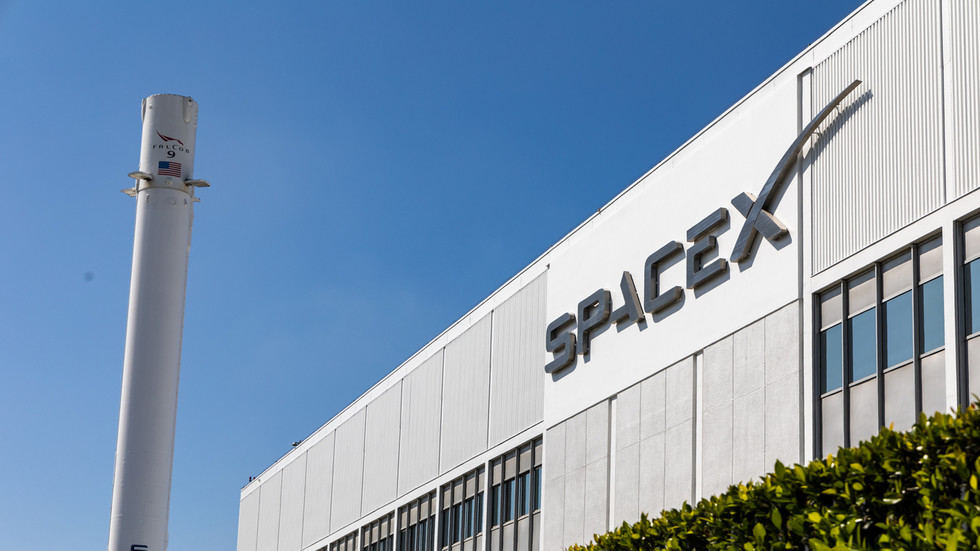In a significant shift, the Trump administration is actively pursuing alternative partners for the Golden Dome missile defense system, moving away from its reliance on Elon Musk's SpaceX. As tensions rise
Did You Know
The original name of Google was 'Backrub.'
?
AD
between the former allies, this decision reflects both strategic considerations and the complexities inherent in high-stakes defense contracts. Valued at around $175 billion, the Golden Dome project is central to the U.S. missile defense strategy and underscores the need for diverse contractor involvement to mitigate the risk of monopolization by any single entity.
Potential candidates for collaboration include Amazon's Project Kuiper alongside an array of innovative startups, such as Stoke Space and Rocket Lab. This diverse pool of partners marks a new direction for the project, showcasing not only the government's willingness to embrace fresh talent but also the necessity of fostering competition in defense contracting. Defense officials are keenly aware that maintaining multiple partners could enhance the efficacy of the Golden Dome initiative while ensuring a robust supply chain for necessary components.
The conflict between Trump and Musk adds an intriguing layer to the narrative, illustrating how personal relationships can significantly influence critical defense endeavors. As this dynamic continues to unfold, it serves as a reminder that the intersection of technology, politics, and national security remains a complex and ever-evolving landscape. The outcome of this pursuit for alternatives could redefine the future of the Golden Dome project, potentially reshaping the landscape of U.S. defense operations in coming years.
Q&A (Auto-generated by AI)
What is the Golden Dome missile defense system?
The Golden Dome missile defense system is a proposed U.S. defense initiative aimed at enhancing national security through advanced missile interception technology. It is designed to protect against various aerial threats, including ballistic missiles. The project is significant due to its potential $175 billion budget, indicating a major investment in defense capabilities.
How does SpaceX currently contribute to defense?
SpaceX, founded by Elon Musk, plays a crucial role in U.S. defense through its launch services and satellite technology. The company has contracts with the U.S. Department of Defense for launching military satellites and supporting national security missions, making it a key player in the aerospace sector.
What are the implications of Trump's feud with Musk?
Trump's feud with Musk may lead to significant shifts in defense contracting, particularly concerning the Golden Dome project. As tensions rise, the Trump administration is actively seeking alternatives to SpaceX, which could impact Musk's business and the competitive landscape of aerospace defense, potentially opening doors for other contractors.
Who are the key players in missile defense today?
Key players in missile defense include major contractors like Lockheed Martin, Northrop Grumman, and Raytheon, alongside SpaceX. These companies are involved in developing technologies for missile interception and defense systems. The competition among them is heightened by government contracts and strategic partnerships.
What role does Project Kuiper play in this context?
Project Kuiper is Amazon's initiative to create a satellite constellation for broadband internet service. In the context of the Golden Dome project, it is being considered as an alternative partner to SpaceX. Its involvement reflects a broader strategy to diversify partnerships in defense projects amid rising tensions between Trump and Musk.
















